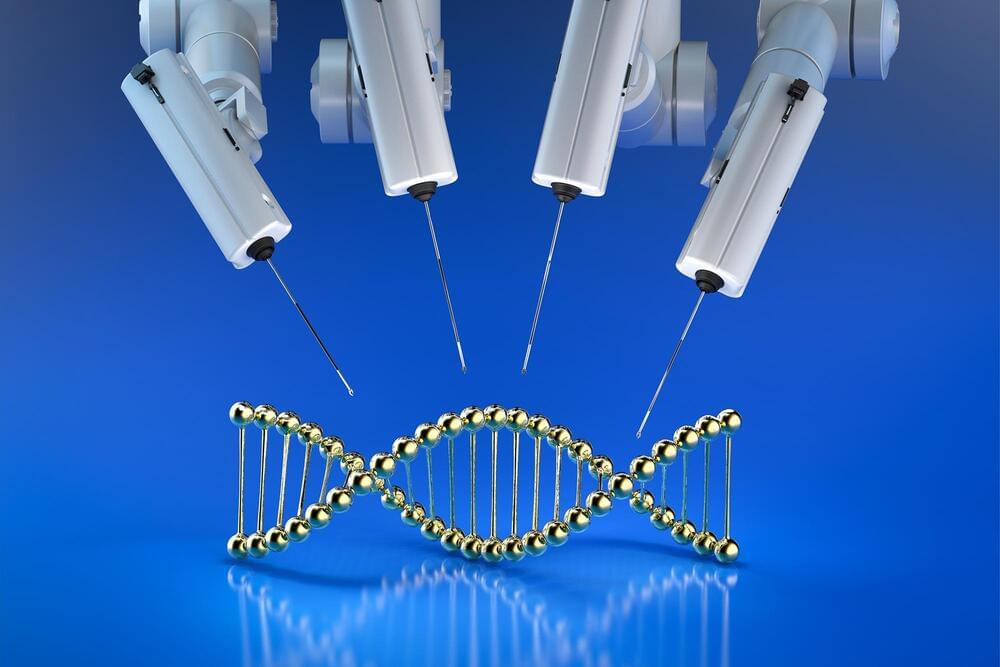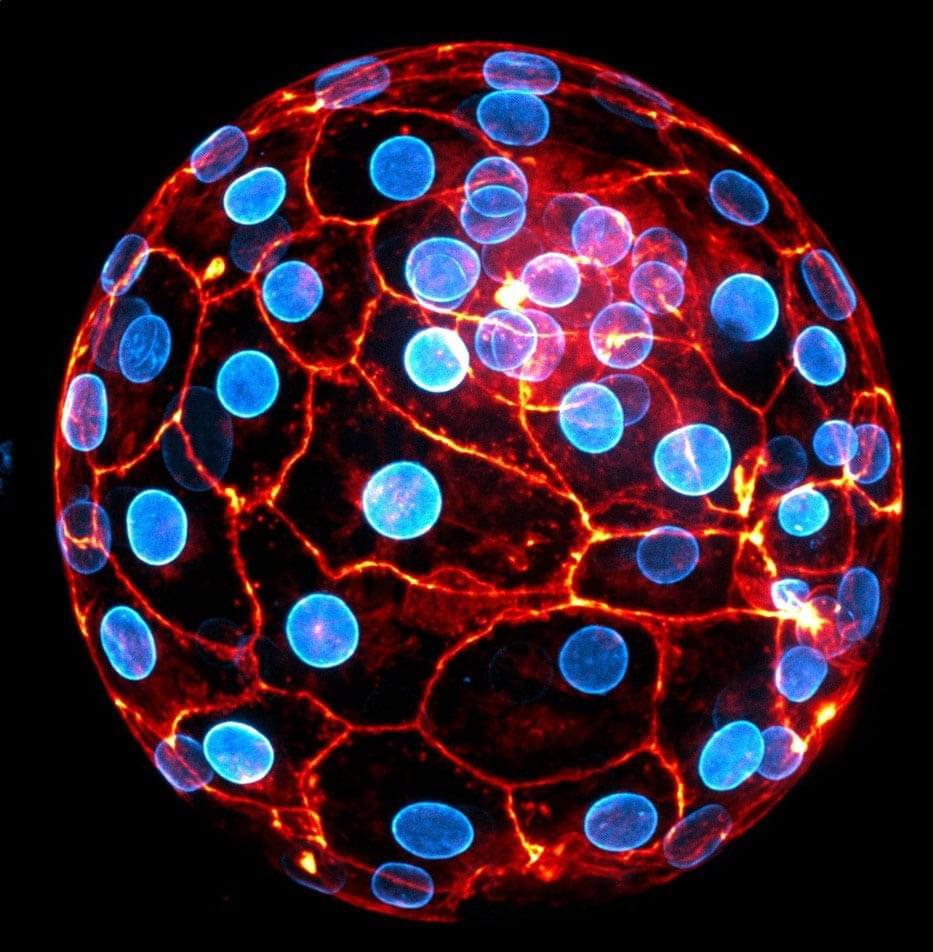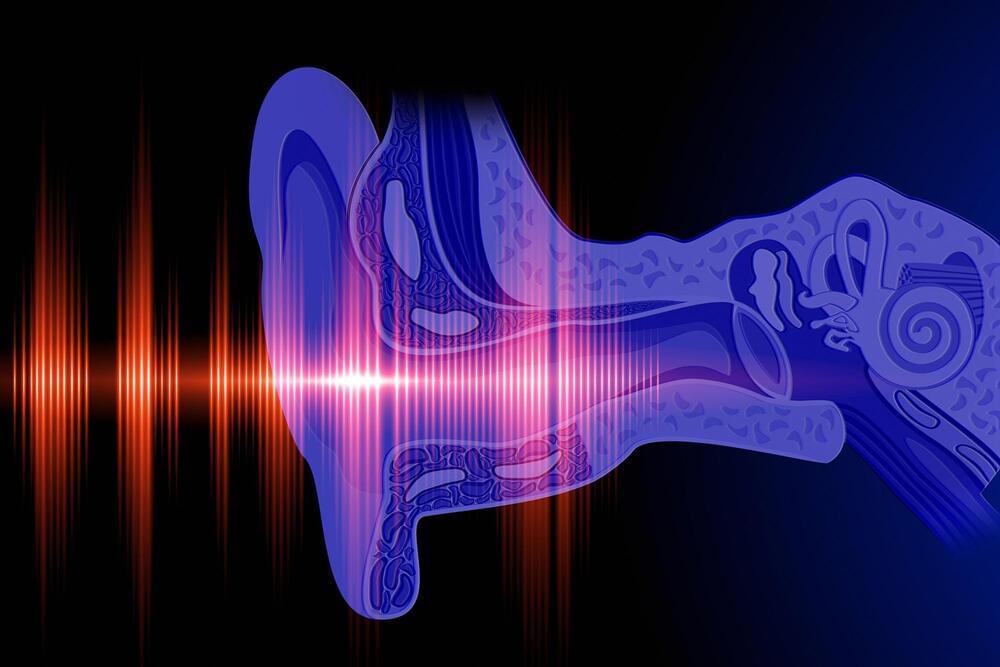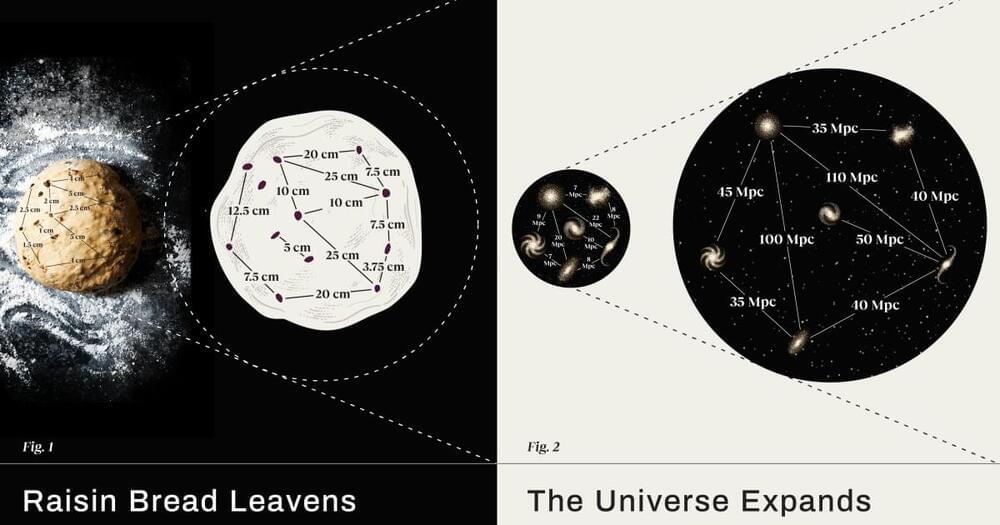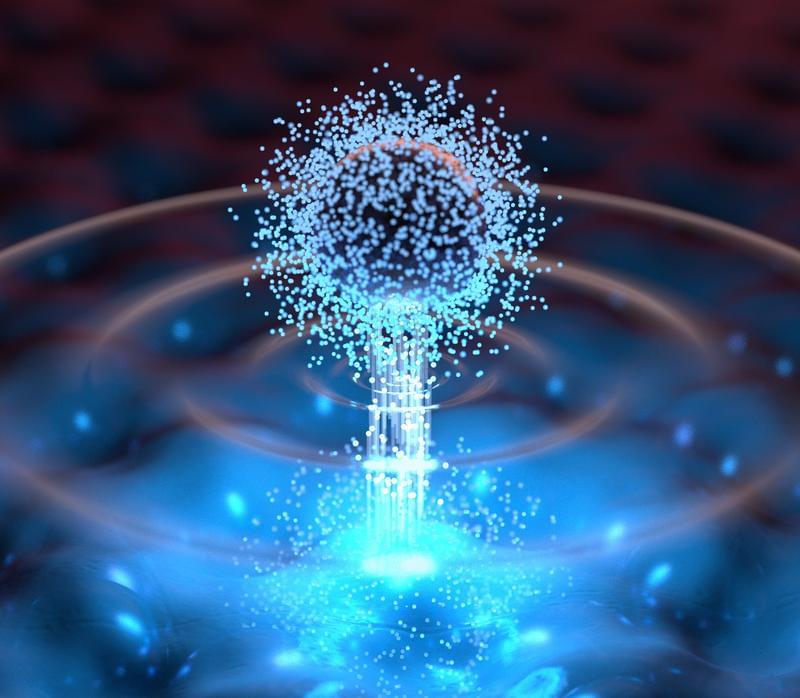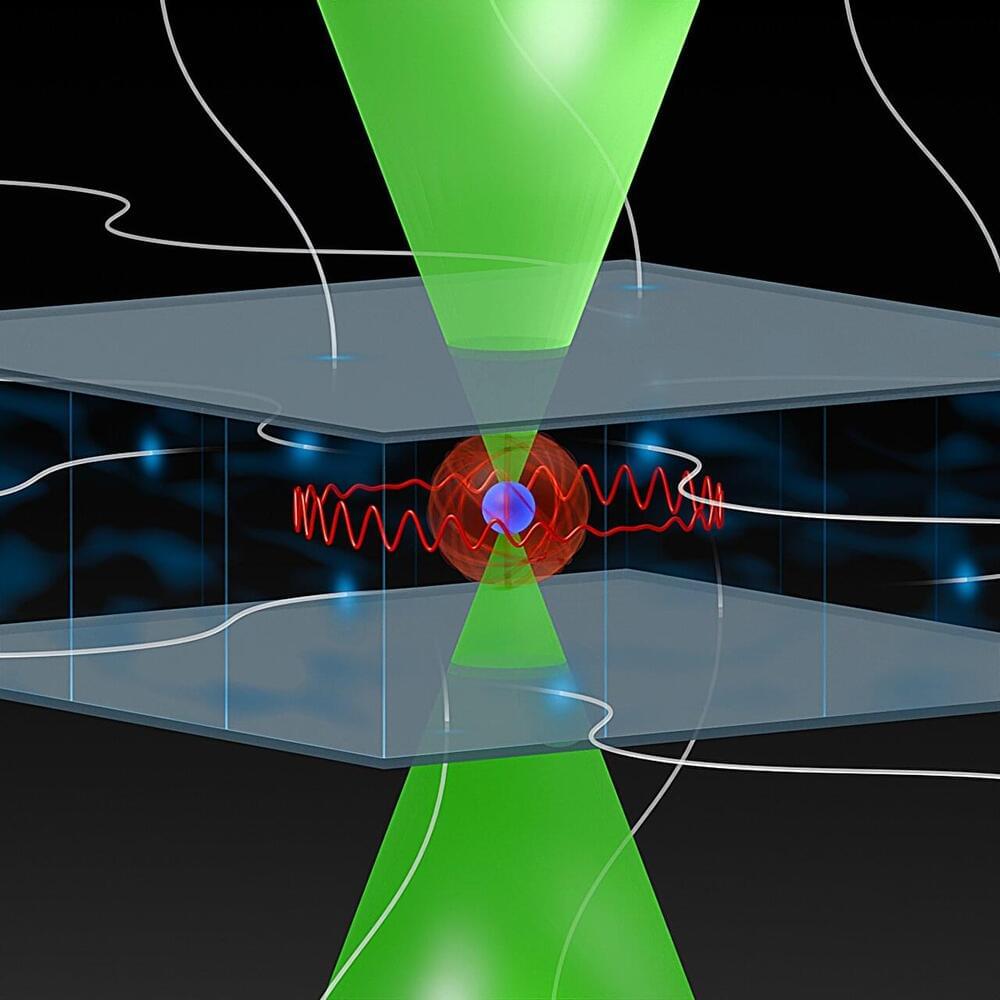A study from the Hackett group at EMBL Rome led to the development of a powerful epigenetic editing technology, which unlocks the ability to precisely program chromatin modifications.
Understanding how genes are regulated at the molecular level is a central challenge in modern biology. This complex mechanism is mainly driven by the interaction between proteins called transcription factors, DNA regulatory regions, and epigenetic modifications – chemical alterations that change chromatin structure. The set of epigenetic modifications of a cell’s genome is referred to as the epigenome.
Advancements in Epigenome Editing.
